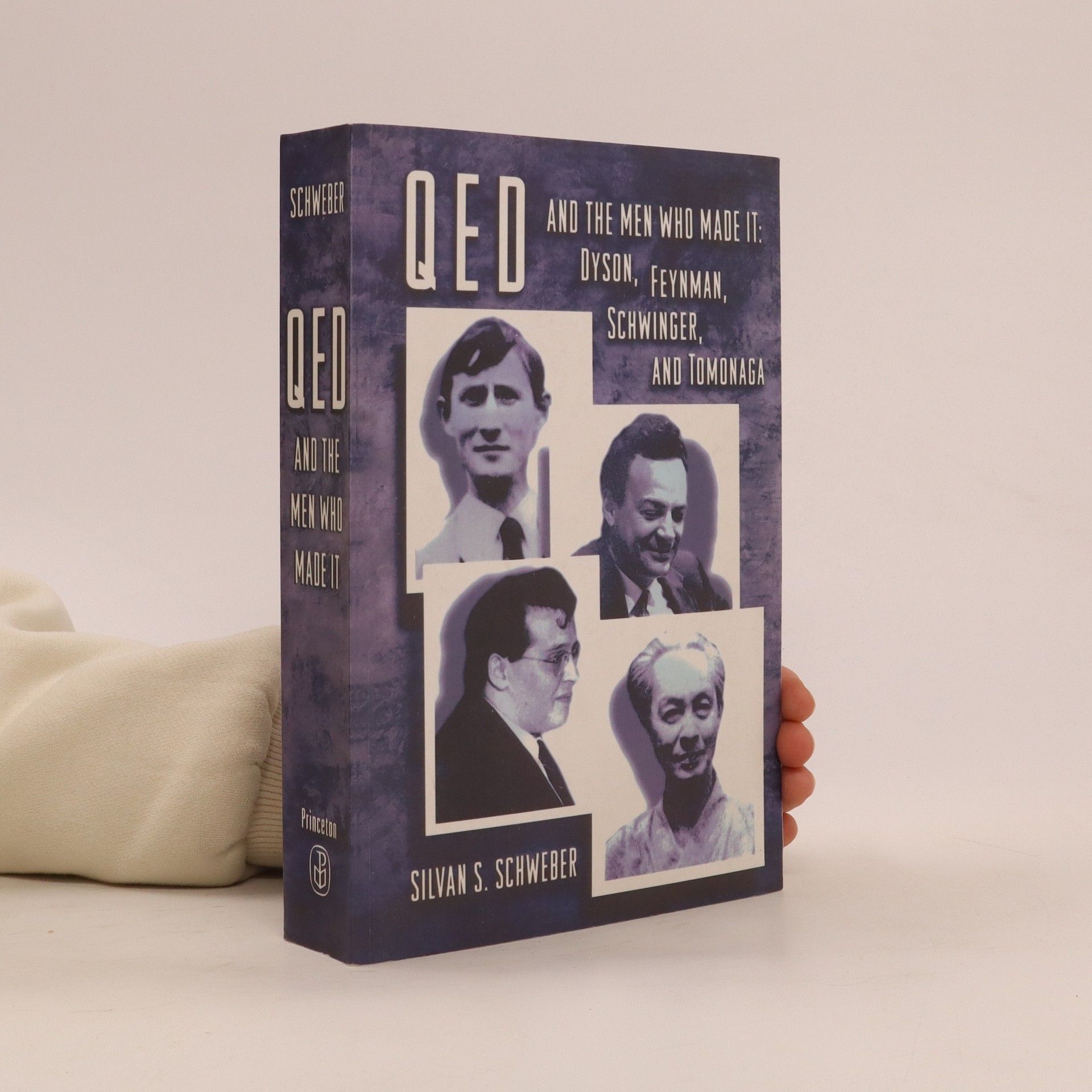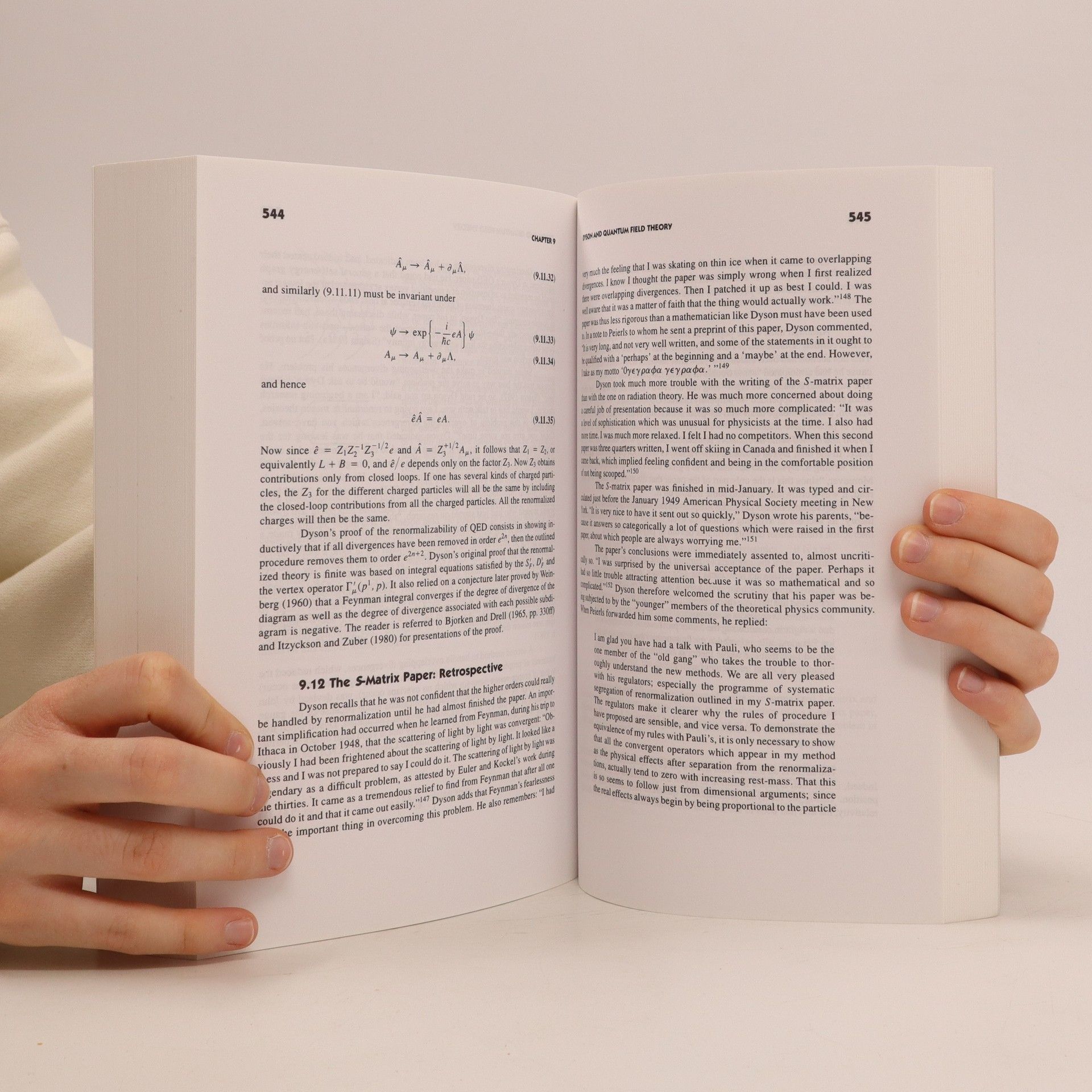More about the book
"In the 1930s, physics was in a crisis. There appeared to be no way to reconcile the new theory of quantum mechanics with Einstein's theory of relativity. In the post-World War II period, four eminent physicists rose to the challenge and developed a calculable version of quantum electrodynamics (QED). This formulation of QED was pioneered by Freeman Dyson, Richard Feynman, Julian Schwinger, and Sin-Itiro Tomonaga, three of whom won the Nobel Prize for their work. Schweber begins with an account of the early work done by physicists such as Dirac and Jordan, and describes the gathering of eminent theorists at Shelter Island in 1947. The rest of his narrative comprises individual biographies of the four physicists, discussions of their major contributions, and the story of the scientific community in which they worked"--Publisher's description.
Book purchase
QED and the men who made it: Dyson, Feynman, Schwinger and Tomonaga, Silvan S. Schweber
- Language
- Released
- 1994
- product-detail.submit-box.info.binding
- (Paperback)
Payment methods
We’re missing your review here.



